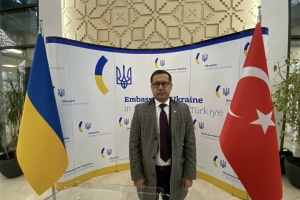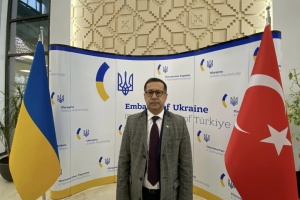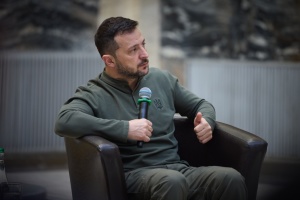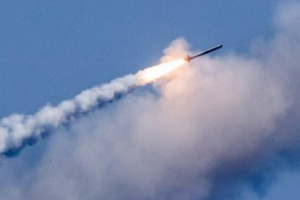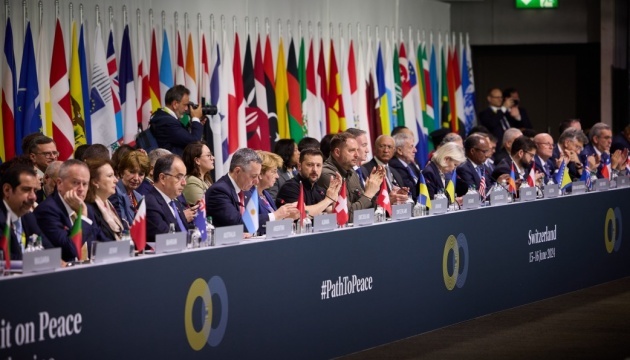
Explaining complex things in simple words: Peace summit summary, Russian ultimatums, European integration
Ukrinform
The Center for Strategic Communication and Information Security pursues efforts to provide a brief explanation to foreign audiences on the current topics of particular interest as regards Ukraine.
1. PEACE SUMMIT SUMMARY
On June 16, the inaugural Peace Summit ended in Switzerland.
- The Peace Summit was successful, all fundamental positions for Ukraine were included in the joint declaration signed by 78 countries and 4 international organizations.
- The participants agreed that Ukrainian nuclear power plants, in particular ZNPP, must operate safely and securely under the full sovereign control of Ukraine, in line with IAEA principles, and under its supervision. Nuclear blackmail is unacceptable.
- Food security must not be weaponized in any way. Ukrainian agricultural products should be securely and freely provided to interested third countries.
- All prisoners of war must be released by complete exchange. All deported and unlawfully displaced Ukrainian children and all other Ukrainian civilians who were unlawfully detained must be returned to Ukraine.
- The UN Charter, including the principles of respect for territorial integrity and sovereignty, is the basis for achieving a comprehensive, just and sustainable peace in Ukraine.
- The Declaration is open to accession by any state or international organization that respects the UN Charter and international law. The second Peace Summit will be convened within the next few months.
2. RUSSIAN ULTIMATUMS
On June 14, Russian dictator Putin outlined his own ‘’peace terms’’ during a meeting with the leadership of the Russian Foreign Ministry.
- Putin once again resorted to false and manipulative statements to mislead the international community.
- All the ultimatums voiced by Putin have been heard many times from Moscow, and there is nothing new in these statements. Demands to give away captured territories to the occupiers, to approve annexation and to waive collective security guarantees are groundless and absolutely unacceptable.
- The attempt by Putin, who planned, prepared and implemented, together with his accomplices, the largest armed aggression in Europe since the Second World War, to present himself as a peacemaker is absurd.
- By creating an informational pretext on the eve of the Peace Summit, the Russian dictator sought to prevent the participation of country leaders in this event, undermine diplomatic efforts aimed at achieving a just peace, and split the unity of the world majority regarding the goals and principles of the UN Charter.
- None of Putin's assurances are trustworthy. During the ten years of the war, Russia thwarted absolutely all real initiatives to achieve peace in which it was involved. Only consolidated international pressure on the aggressor can force Moscow to fulfil its obligations.
3. EUROPEAN INTEGRATION
The permanent representatives of the EU member states approved the negotiating framework for the accession of Ukraine and Moldova to the EU.
- Full membership in the EU is Ukraine's strategic course—its return to the single European family.
- From February 2022, the process of European integration of Ukraine accelerated. We have submitted an application for membership and received candidate status. On December 14, 2023, the European Council has approved the start of negotiations on Ukraine's membership in the EU.
- Negotiations will begin on June 25 as part of the intergovernmental conference.
- The decision was made after Hungary stopped blocking the negotiation framework. It is important that the negotiations begin before the start of Hungary's six-month presidency of the EU Council, which starts on July 1.
- As part of the session negotiations, the adaptation of Ukrainian legislation to European legislation will begin, followed by the approval of the introduced changes by the European Commission, the European Council and the European Parliament.

